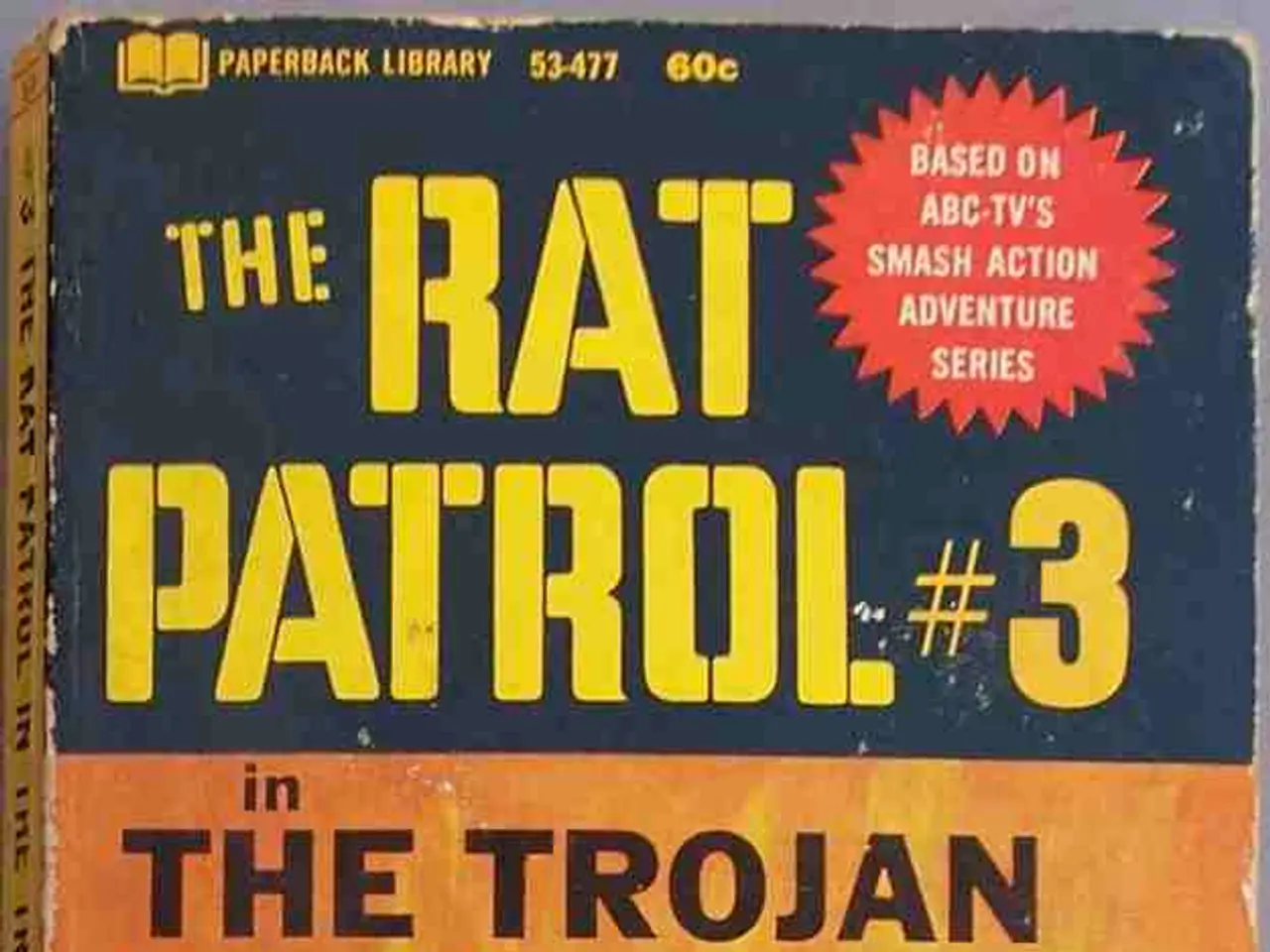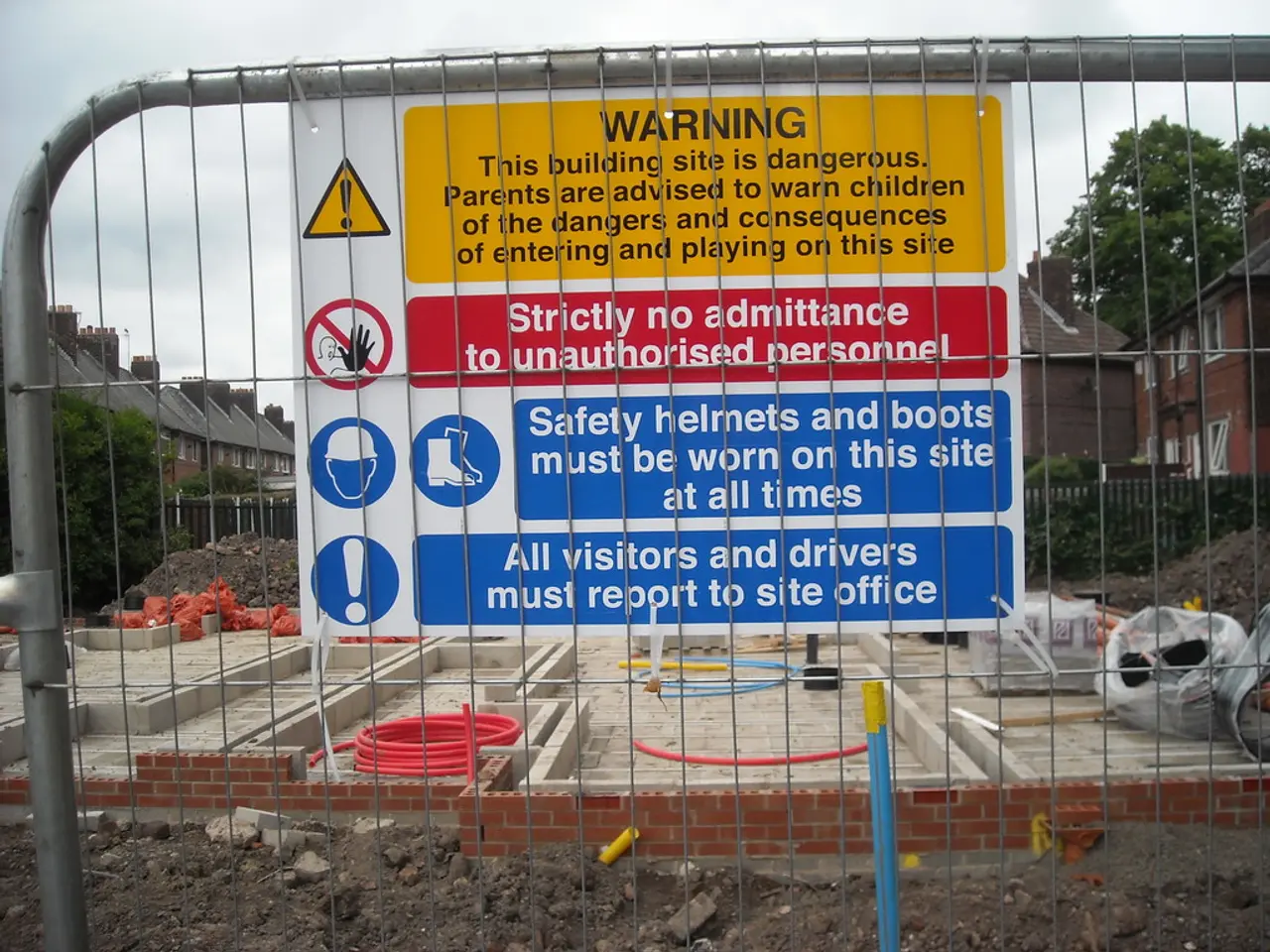Gaza Conflict Explained Politically by Agnès Levallois: The fighting in Gaza is politically motivated and lacks a military justification.
In a significant turn of events, Israeli Prime Minister Benjamin Netanyahu has announced his intention to take control of the Gaza Strip, marking a potential new stage in the Israel-Palestine conflict. This plan, approved by Netanyahu’s security cabinet in August 2025, signals a shift from previous goals of targeted operations against Hamas to expanded territorial control.
The plan, if implemented, would establish "operational control" of Gaza City, relocate roughly one million Palestinians to designated "humanitarian zones," and impose a siege with multiple humanitarian aid points, aiming ultimately for Israeli control of the entire Gaza Strip. Critics, both international and within Israel’s military, warn that this plan risks massive civilian casualties, displacement, and could lead to what some call ethnic cleansing.
The motivation behind this move can be traced back to events that occurred almost twenty years ago, as some ministers from the extreme right in the government coalition advocate for the reoccupation of the Gaza Strip to take revenge after the dismantling of settlements in the Gaza Strip, which was implemented by former Prime Minister Ariel Sharon in the year 2000.
However, it is unclear how Netanyahu’s plan to take control of the Gaza Strip could be implemented. The Israeli army has not succeeded in bringing back Israeli hostages captured by Hamas, despite significant military means deployed. Liberations of hostages have only been possible during ceasefires and obtained through negotiation.
Finance Minister Bezalel Smotrich stated that saving hostages is not the "most important objective" for Israel in its war against Hamas. This statement raises concerns about the Israeli security cabinet's decision to bring back hostages alive or dead, which could be seen as a sacrifice of the hostages.
Netanyahu's objectives include the disarmament of Hamas, the return of hostages (both alive and dead), demilitarization of the enclave, Israeli security control in the territory, and the establishment of an alternative civilian administration to Hamas and the Palestinian Authority. However, it remains unclear who would govern Gaza should Hamas be ousted, with Netanyahu suggesting handing control over to "Arab forces" distinct from both Hamas and the Palestinian Authority.
This plan, if executed, would represent a strategic intensification, moving from intermittent military operations against Hamas to a broader attempt at Israeli territorial control and political reshaping of Gaza, with profound humanitarian and geopolitical implications for the Israel-Palestine conflict. It echoes comparisons to dense urban warfare in Fallujah and Mosul, which resulted in high casualties among soldiers and civilians alike. This marks a potentially new stage in the Israel-Palestine conflict by aiming for direct Israeli governance over Gaza rather than containment or proxy control, thereby changing the political and geographic status quo amid an intense military conflict.
[1] The New York Times. (2025, August 1). Netanyahu Announces Plan to Take Control of Gaza Strip. [online] Available at: https://www.nytimes.com/2025/08/01/world/middleeast/netanyahu-gaza-strip.html
[2] The Guardian. (2025, August 2). Netanyahu's Gaza Plan: A Dangerous Escalation or Necessary Step? [online] Available at: https://www.theguardian.com/world/2025/aug/02/netanyahus-gaza-plan-a-dangerous-escalation-or-necessary-step
[3] Haaretz. (2025, August 3). Netanyahu's Gaza Plan: A Recipe for Disaster or a Path to Peace? [online] Available at: https://www.haaretz.com/opinion/netanyahus-gaza-plan-a-recipe-for-disaster-or-a-path-to-peace-1.69786607
[4] Al Jazeera. (2025, August 4). Netanyahu's Gaza Plan: A Violation of International Law or a Necessary Response? [online] Available at: https://www.aljazeera.com/news/2025/08/04/netanyahus-gaza-plan-a-violation-of-international-law-or-a-necessary-response
[5] BBC News. (2025, August 5). Netanyahu's Gaza Plan: A Step Towards Peace or a Recipe for Disaster? [online] Available at: https://www.bbc.com/news/world-middle-east-55957689
- The announcement by Israeli Prime Minister Benjamin Netanyahu to take control of the Gaza Strip is causing considerable debate in the realm of international politics and general news, with many voicing concerns about potential civilian casualties and ethnic cleansing.
- The financial implications of the proposed plan to take control of Gaza are being closely scrutinized, as some leaders, like Finance Minister Bezalel Smotrich, prioritize disarmament and hostage recovery over the safety of civilians, potentially risking a humanitarian crisis.






